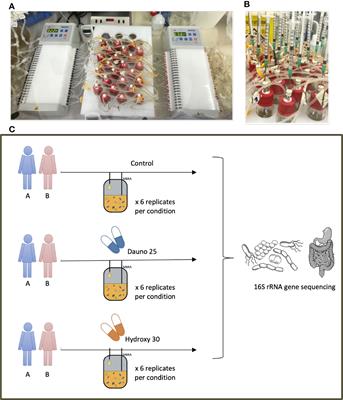EDITORIAL
Published on 14 Sep 2022
Editorial: The human microbiome: A new frontier in personalized cancer therapy
doi 10.3389/fcimb.2022.1028120
- 1,589 views
- 1 citation
7,824
Total downloads
24k
Total views and downloads
EDITORIAL
Published on 14 Sep 2022
ORIGINAL RESEARCH
Published on 01 Jun 2022

ORIGINAL RESEARCH
Published on 24 Feb 2022

ORIGINAL RESEARCH
Published on 19 Oct 2021

REVIEW
Published on 14 Oct 2021

ORIGINAL RESEARCH
Published on 10 Sep 2021
